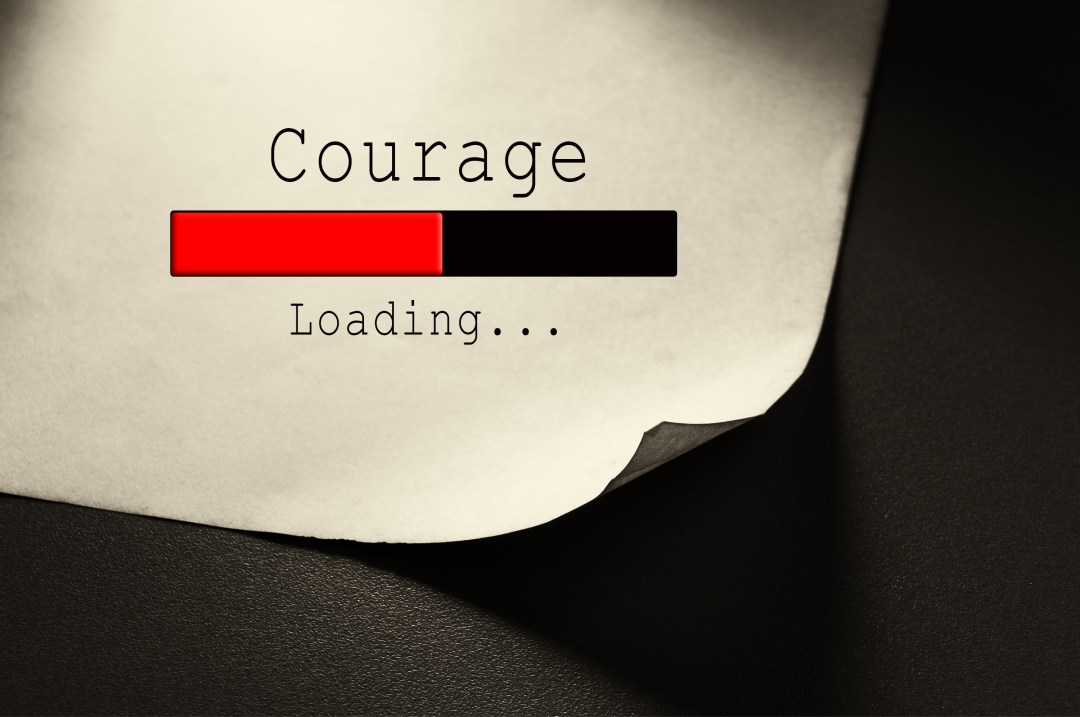Which zone of personal challenge are you in today?
Right now it is hard to be optimistic about the future. It helps to gain perspective by focusing on what you can control and not waste your energy on the things you cannot.

Each day new situations and issues crop up that can worry and concern us. These range from crisis issues such as the current pandemic to everyday challenges in the workplace and mundane matters such as what are you going to eat tonight. These issues are in the following categories:
· Problems that worry us and over which we have no control
· Problems that worry us which we can influence but cannot resolve
· Problems that worry us and which we can do something about to improve the situation
Humans have a natural inclination to worry about everything that concerns us, even if it is outside our control. This phenomenon is called the negativity bias, and it has a powerful impact on behaviour because we pay more attention to negative events than positive ones.
In normal times, our negativity bias can be caused by everyday things such as reading a poorly-crafted email, experiencing delays in travel or having an awkward conversation. The resulting bad mood, frustration and stress are bad enough, but in a crisis, our negativity bias goes into overload. Then we can tip into survival mode which is the fear-based state of mind triggered by our primitive fight-or-flight response.
So how can we shift our mindset to be in a more resourceful state?
Start from where you are
Begin by acknowledging where you are right now. A handy reference point is the Three Zones of Challenge. Developed by Chris Johnstone, author of ‘Seven Ways to Build Resilience’, it provides a framework to understand your reactions to different types of experiences and situations. Knowing your start point creates self-awareness then you can act to restore balance so that you make better choices:
- The Green Zone includes everyday activities that feel familiar and safe, such as doing the same things and mixing with the same people. When most of your activities are in this zone life is ‘comfortable’ but you do not learn very much nor develop yourself.
- The Orange Zone is the area of novelty, exploration and adventure. Here are the things that haven’t done for a long time or have never done before. This zone is seldom a comfortable place and it takes courage to go there. Stepping into the Orange Zone can be rewarding as it is where we stretch and challenge ourselves mentally, emotionally or physically.
- The Red Zone is the area where you feel out of your depth or threatened either mentally or physically. This can occur when people are forced into a period of extreme uncertainty and rapid or unpredictable change. Sometimes it is because there is too much happening at once. The Red Zone is to be avoided as it activates by the primitive part of our brain that governs our survival instinct. The resulting anxiety and fear drive behaviour that can have an unpleasant consequence, such as panic-buying and seeking to place blame.
Leave the Red Zone of panic
Humans thrive as a species because we are adaptable and so it is possible to cope with occasionally tipping into the Red Zone. However, living there is emotionally draining as well as mentally and physically exhausted. This is a fast road to burn-out. Recognising when you are in the Red Zone is vital so that you can take steps that enable you to become more Orange or Green.
Try this: Five Senses check-In
If you find yourself toppling in the Red Zone, stop what you are doing. Breathe in for the count of 4, hold for 4 and out for 4. Do this at least twice. Now check in with your five senses, one at a time. Spend a short time on each sense then move on to the next. You can do this while sitting, standing or while out for a walk. Use the framework below to guide you:
- What am I seeing (Look around you)?
- What am I hearing (How many sounds can you hear)?
- What can I smell (Take a big sniff)?
- What can I taste (Allow your tongue to wander around your mouth)?
- What can I feel in my body (What sensations can you feel?) Just be with the sensations that arise without self-criticism or judgment.
Finish the five senses check-in by thinking back to a time when you successfully dealt with something that initially felt difficult or frightening. What were the strengths, skills, resources and support networks that you accessed then which might support you now? This simple mindfulness technique works as it intentionally shifting your focus. Doing so helps calms the stress response enabling you to feel more grounded, capable and resourceful.
Enter the Orange Zone of stretch
It can help to establish what the Orange Zone of stretch might look like for you. This will vary from one person to another. Being in a stretch zone can be a positive place to learn new skills and experience personal growth. In turn, this can enhance self-esteem, boost resilience and build self-efficacy. Remember to also spend time in the Green Zone where you can relax and rejuvenate before setting off for your next challenge.
Finding a balance between the zones
In everyday life, it is important to know when stretch becomes overload as this can tip you into the Red Zone. In a crisis situation, it is vital as you want to conserve your energy and focus on the things you can control rather than be tipped into a panic by the things you cannot. The key is self-awareness. This means tuning into your feelings and emotions in a non-critical and compassionate way – just as you would with a friend who is going through a hard time. The five senses check-in is a simple yet effective way to achieve this.
You can also fight your negativity bias by recalling positive experiences and successful past events. Cast your mind back to a particularly pleasing outcome to a challenging situation. Focusing on what makes you thrive and doing more of these will serve you well. Try the practice of gratitude. Why not use the twenty seconds it takes to properly wash your hands to reflect on what is good in your life. Find opportunities to add regular bursts of positivity to your day as this will help restore perspective and boost your mood.
Further helpful resources
To help support the Government’s response and to reinforce key messages, there are many new resources available on the Public Health England Campaign Resource Centre (CRC). There are other useful resources to support people in during this crisis and beyond. Here are a few that I hope you find helpful:
NSPCC – Advice and support for parents and carers
Age UK – Advice and support for seniors
UK Government – COVID-19 information resources
You will also find a suite of downloadable resources, including tip sheets, handouts, infographics and self-coaching exercises on the Insight & Resources section of my website.
Beverly Landais PCC
Certified Personal & Team Coach: enabling people to be at their resourceful best
We live in an ever-changing dynamic world. At best, this can be exhilarating and provide excellent opportunities for personal growth. At worst, it can be exhausting and stressful as you try to do it all, which can lead to the feeling that you are doing nothing well. Maybe you are in such a situation? Perhaps you have reached a point where you long to create the life that you want rather than the one that is happening? If so, I may be the right coach to support you. My purpose is simple. I work with people to help them be at their resourceful best. I bring all of my expertise to the service of my clients. My skill set includes 30 years of experience in business, including board level. As a Professional Certified Coach and Positive Psychology Practitioner, I can help you to think your options through, make better choices and do the things that promote wellbeing, bring personal as well as professional satisfaction and make you happy. I am particularly skilled in supporting those who are at a crossroads in their life. My coaching approach can help you gain a clear understanding of your values, motivators, drivers, strengths and consider the impact of blind spots – and what you can do to mitigate these. I work via video calls, by phone and email. Should you wish to arrange a 30-minute complimentary discovery session, please contact me via connect@beverlylandais.co.uk


